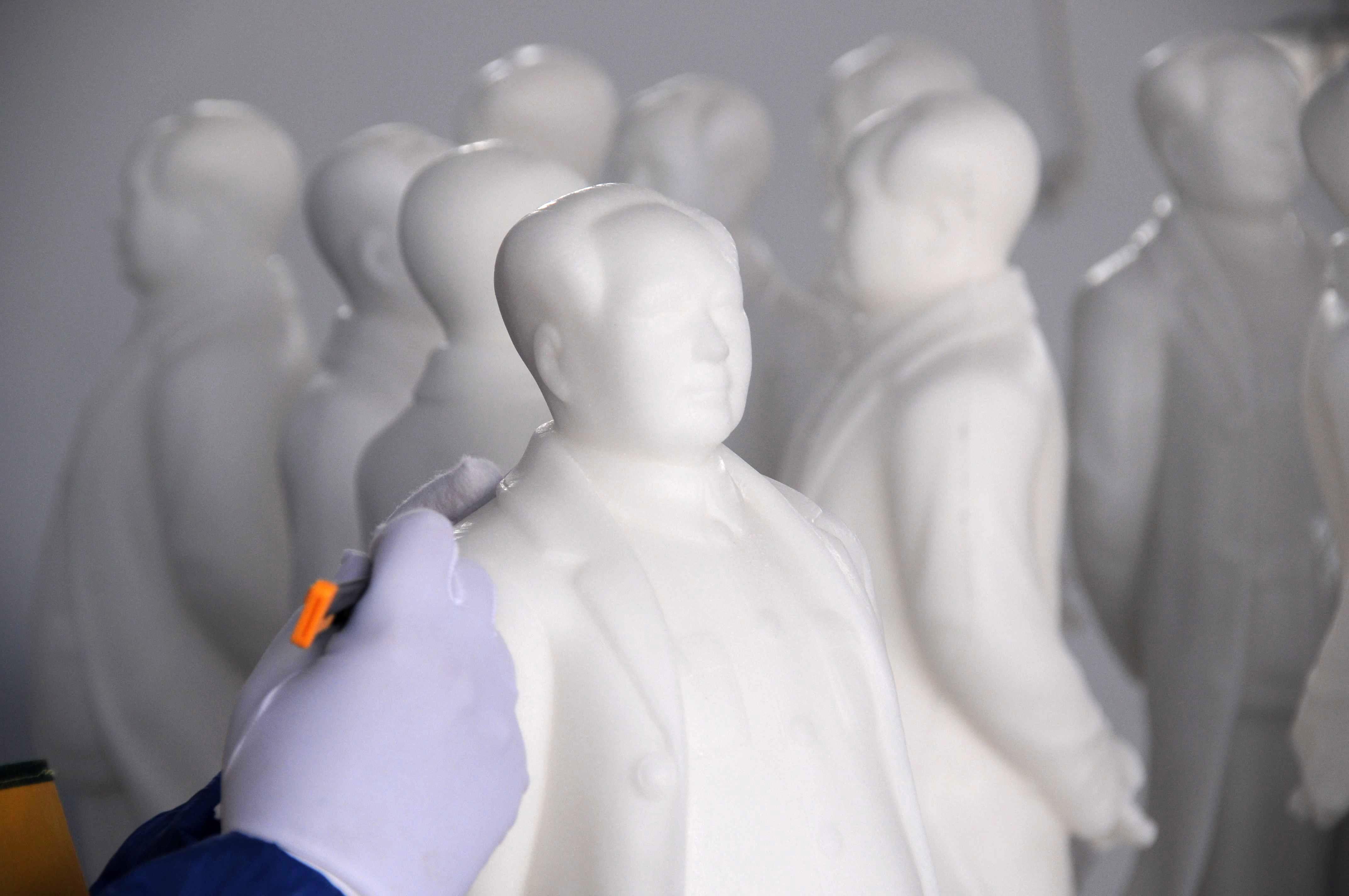The Chinese government’s complete control over the sale of table salt, a policy that predates Confucius and the Great Wall, will soon be coming to an end. The salt monopoly began during in the Qi state on the Shandong peninsula around the seventh century BC and may have been the first ever state-controlled monopoly. During the third century BC, the Chinese imperial state sold salt at a markup, effectively levying a tax used to pay troops and, perhaps, the early stages of the Great Wall of China.
Several centuries, dynasties, and revolutions later, the world’s oldest monopoly is still in place. Under the policy’s current incarnation, the China National Salt Industry Corp. designates who is authorized to produce salt and is the only entity allowed to sell it to consumers. These consumers often pay three to four times more than what the CNSIC does. The new plan will liberalize the industry and scrap price controls starting in 2016.
Despite the steep markup, Chinese consumers have generally opposed breaking up the monopoly, fearing it could lead to more food scandals, a problem that has plagued the country repeatedly in recent years. The worst of these, an incident in 2008 involving tainted milk powder, led to hundreds of thousands of babies being sickened. On the other hand, the salt monopoly has also contributed to a vast black-market trade, so it may be a bit of a wash as far as food safety goes.
China is the world’s largest salt consumer, accounting for about of a quarter of global demand thanks both to its population of 1.4 billion and its growing chemical industry.
Thanks to growing demand and the ongoing liberalization of the Chinese economy, it seemed inevitable that the salt monopoly would bite the dust sooner or later. But old habits die hard, and this habit was older than most.
